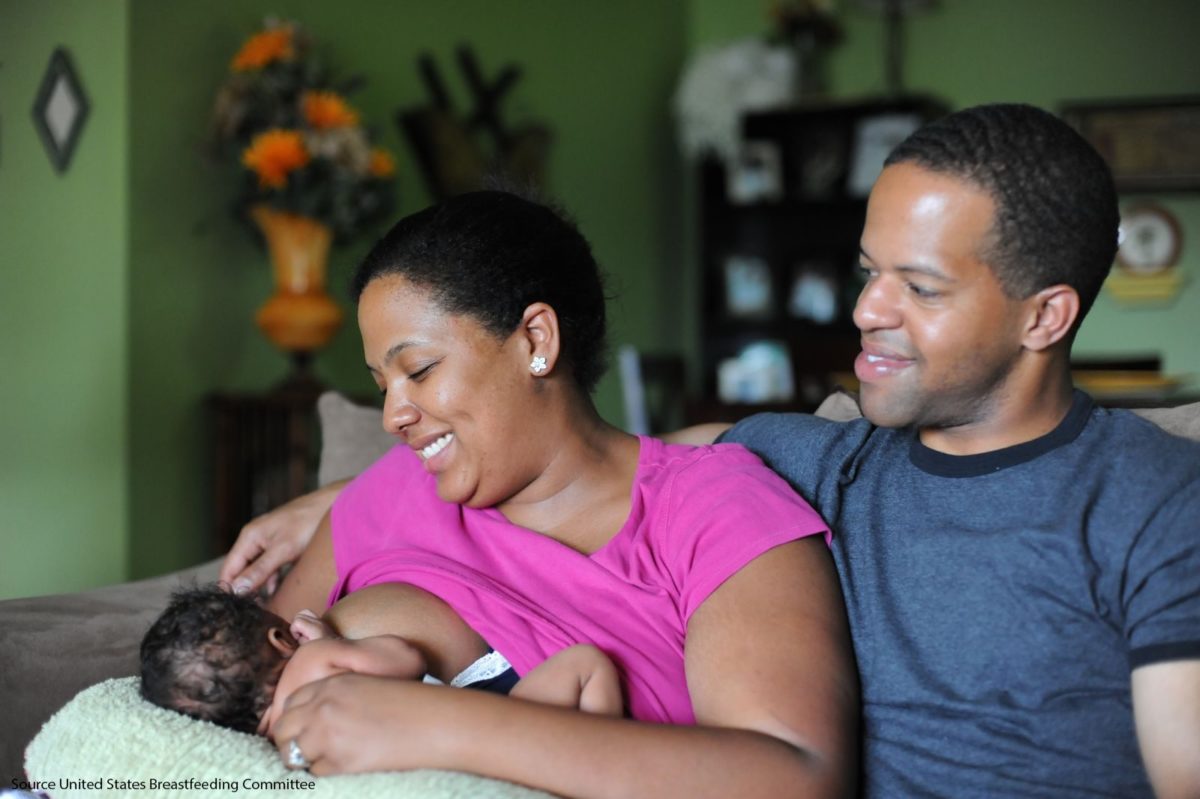Proposed Changes to SNAP Would Increase Food Insecurity
Once again, the Trump Administration is proposing to take away vital nutrition assistance from women, children and their families. Today, 1,000 Days submitted a comment to the U.S. Department of Agriculture (USDA) urging them to withdraw newly proposed changes to the Supplemental Nutrition Assistance Program (SNAP). These changes would make it more difficult for children and their families to get the food they need to thrive.
SNAP is the first line of defense against hunger and poverty for many low-income families in America. As the nation’s largest nutrition assistance program, it helps millions of families put food on the table. Nearly one-third of all children in the U.S. under age 5 participate in SNAP, including 2.2 million infants and toddlers. Research shows that SNAP participation contributes to improved birthweights, lower risks of developmental delays and better health. It also significantly reduces child poverty, with long-lasting benefits. When young children have access to SNAP, they have better health and improved economic self-sufficiency as adults.
The Administration’s proposed changes to SNAP would take away this critical support from struggling individuals and families. USDA estimates that 7.4 percent of all participating households with children would lose access to SNAP – meaning an estimated 1.9 million children (and the adults they live with) will no longer receive the nutrition assistance they need to thrive. USDA’s own analysis predicts that the proposal would increase food insecurity among individuals who lose access to SNAP.
Already, 1 in 7 U.S. households with children under age 6 are food insecure, meaning that they are at times unable to provide enough food for every member of the household. When it comes to our youngest children, a staggering 1 in 6 infants and toddlers live in poverty. This is especially concerning given how critical good nutrition during early life is for lifelong health and well-being. The first 1,000 days offer a unique window of opportunity to build healthier and more prosperous futures – but, the proposed changes to SNAP would put a healthy first 1,000 days out of reach for millions more families in the United States.
1,000 Days is committed to standing strong against the proposed rule and other threats to SNAP. This critical program supports the nutrition, health and economic security of millions of families who rely on it for a healthy first 1,000 days.




